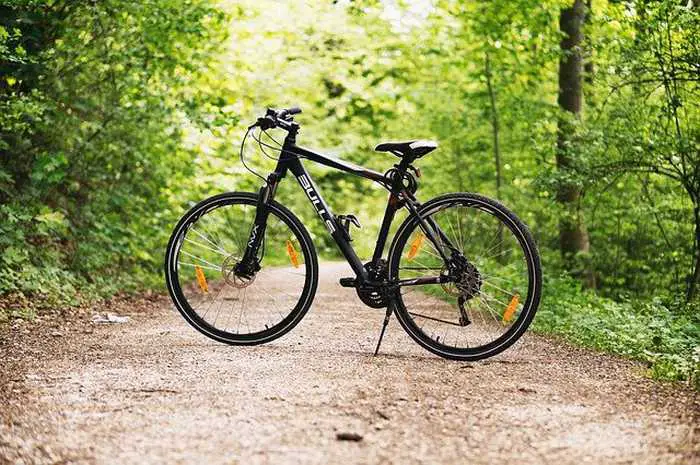How do I stop my brakes from rubbing?
The first thing to do is turn off your cruise control. If you have cruise control on, it will automatically keep your speed at a constant speed. This is not recommended, as you will be unable to control your speed. Next, make sure your brakes are adjusted properly. If your vehicle has disc brakes, ensure that your pads and rotors are properly adjusted. Next, you will want to check that your wheel alignment is correct. If your alignment is off, this could be the cause of your rubbing sound. It is important to note that this is just a basic guide.
Why are my brakes constantly rubbing?
Rubbing brakes can make irritating sounds, slow you down and cause premature wear to both your disc brake pads and rotor. The most common reason for disc rub is bad caliper alignment, something that’s both quick and easy to sort out.
How do I stop mechanical disc brakes rubbing?
https://www.youtube.
How long before new brakes stop grinding?
As soon as you start using your new brakes, you’ll notice that your pads start to wear out and the pads will begin to make grinding sounds. However, if you notice that you’re hearing grinding sounds when you’re using your brakes, you should definitely have them checked.
Why are my brakes still scraping after new pads?
New brake pads are a bit stiff and need to be broken in. The process of breaking in new brake pads is referred to as bedding in. When your pads are being bedded in, you may hear some squealing, screeching or grinding. But this noise should lessen as you drive your car and allow the pads to become worn in.
How do I make my disc brakes quieter?
“Cleaning your rotors or wheel rims regularly with a specific (oil-free) disc brake degreaser is a good way to avoid squealing brakes. Cleaning your pads too can help quieten things down – you can try some sandpaper or grinding the pads – but if the grease has soaked through the pad, you might need to replace them.
How do I make my mechanical disc brakes more responsive?
– Lever position. Struggling for power? Bleeding your brakes can help. You can also improve your braking technique and buy bigger rotors. You should buy new brake pads if they are worn out.
How do I stop my mechanical disc brakes from rubbing?
Loosen your brake mount bolts until the caliper is loose. Then spin your wheel and once it is spinning, pull the brake lever until the pads bite and the wheel stops. Then, once the wheel has stopped, tighten the brake mount bolts while still holding the brake lever. If this doesn’t work, it may be time to consider replacing your brake pads or disc.
How do I stop my mountain bike disc brakes rubbing?
Mountain bike disc brakes are a great safety feature! When you stop your bike, you need the discs to be able to flex and release. If they rub, they may be damaged or even break. If you notice that your discs are rubbing, it’s time to take action.
Why are my disc brakes so loud?
When your brake pads are worn down or contaminated, they will lose their grip on the brake rotor. This causes vibrations and squealing sounds. In order to correct this, you can either replace your brake pads and rotor or use a brake pad cleaner.
What happens if you put wd40 on disc brakes?
WD40 is only suitable for cleaning the internal metal parts of your bike before assembling and lubricating them. You should never use WD40 on either the brake pads or the rotors. Applying any kind of oil on your bike’s brake pads or the rotors will lead to contamination.
Why do my disc brakes rub when I turn?
If you are experiencing rubbing, then you might have a soft frame, so that is it is not stiff enough to keep the wheel centered. Another cause could be the rotor is not centered. You should check if the disc is centered with the rim, if not, then you probably have a soft frame.
Why do my brakes grind but pads good?
If you hear a grinding sound after you step on the brake pedal, this could mean that your brake pads are worn out. As the backing plate loses its material, this causes metal to come into contact with the metal on the rotor. Either that or the brake caliper itself may be making contact with the rotor.








